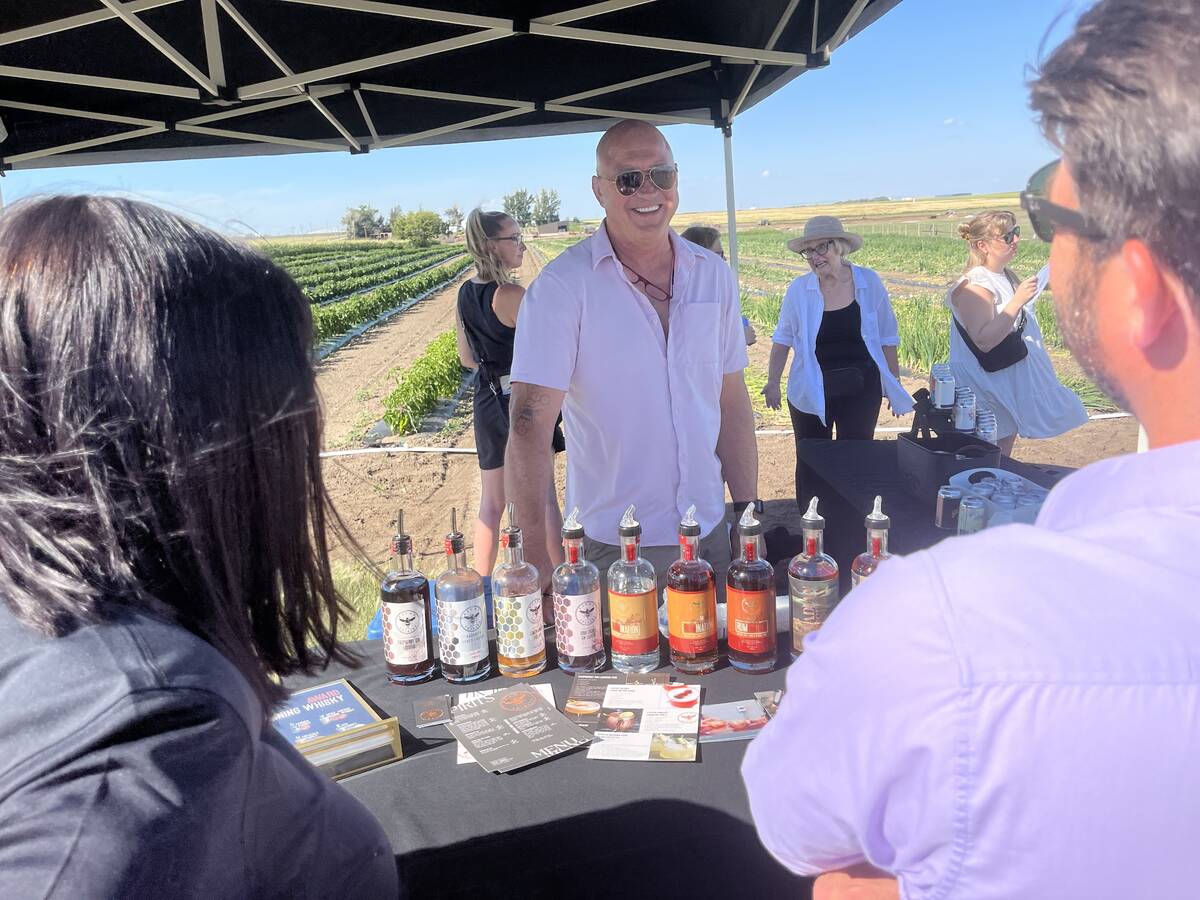The traditional strength of rural support for the Alberta Progressive Conservative party may be waning as the province heads to the polls April 23.
“There are a lot of interesting dynamics in this election that we haven’t seen in a very, very long time in this province,” said political analyst Duane Bratt of Mount Royal University.
The interest in this election is attributed to the historic battle between two women fighting for the premier’s job. Alison Redford is the province’s first female premier and is being challenged by Danielle Smith, leader of the Wildrose Alliance Party, which formed in 2009 as a right wing protest.
Read Also

From farmer to award-winning distiller
Pivot Spirits showcases transition from farmer to distiller with provincial award-winning results in Alberta for Lars Hirch
“If Wildrose had chosen a different leader other than Danielle Smith, it would be totally different. Alison Redford has really helped the PCs. Ed Stelmach would have been a disaster. He would have been wiped right off,” Bratt said.
“Redford represents some kind of difference, but whether that is enough, we will have to see.”
The reigning PCs have depended heavily on rural support, even though two-thirds of the population lives in Calgary and Edmonton.
Bratt predicted Edmonton will go PC while Wildrose should triumph in Calgary and southern Alberta. There could also be pockets of Wildrose strength in northeastern Alberta and the Peace River district, he added.
“If Calgary goes Wildrose and Edmonton goes PC, who breaks the tie? So even if their seat total is not what it once was, so if the cities split, who carries the tie breakers?”
The New Democrat support is at 10 percent and concentrated in a handful of Edmonton ridings. It will likely retain its current two seats, but the Liberal party could be wiped out. Its support is also at 10 percent.
“Both of those parties are non-existent outside the cities,” Bratt said.
“They even have difficulty finding candidates to run. Usually it is the same person running year after year.”
Rural voters often have an emotional attachment to their incumbents because more people know them personally, which is less common in urban ridings.
“When you have an incumbent Tory, that is going to be toughest to beat,” he said.
“They have such ties to the community, but in an open seat … that gives an opportunity because they don’t have that personal loyalty to the individual.”
The province’s 87 constituencies are split almost equally between rural and urban voters, but many of those living in the country are not necessarily associated with agriculture anymore. There are more rural residential voters, and a large component is connected to the energy industry.
“We still have a disproportionate number of rural seats compared to population, but it is not as bad as it once was,” Bratt said.














